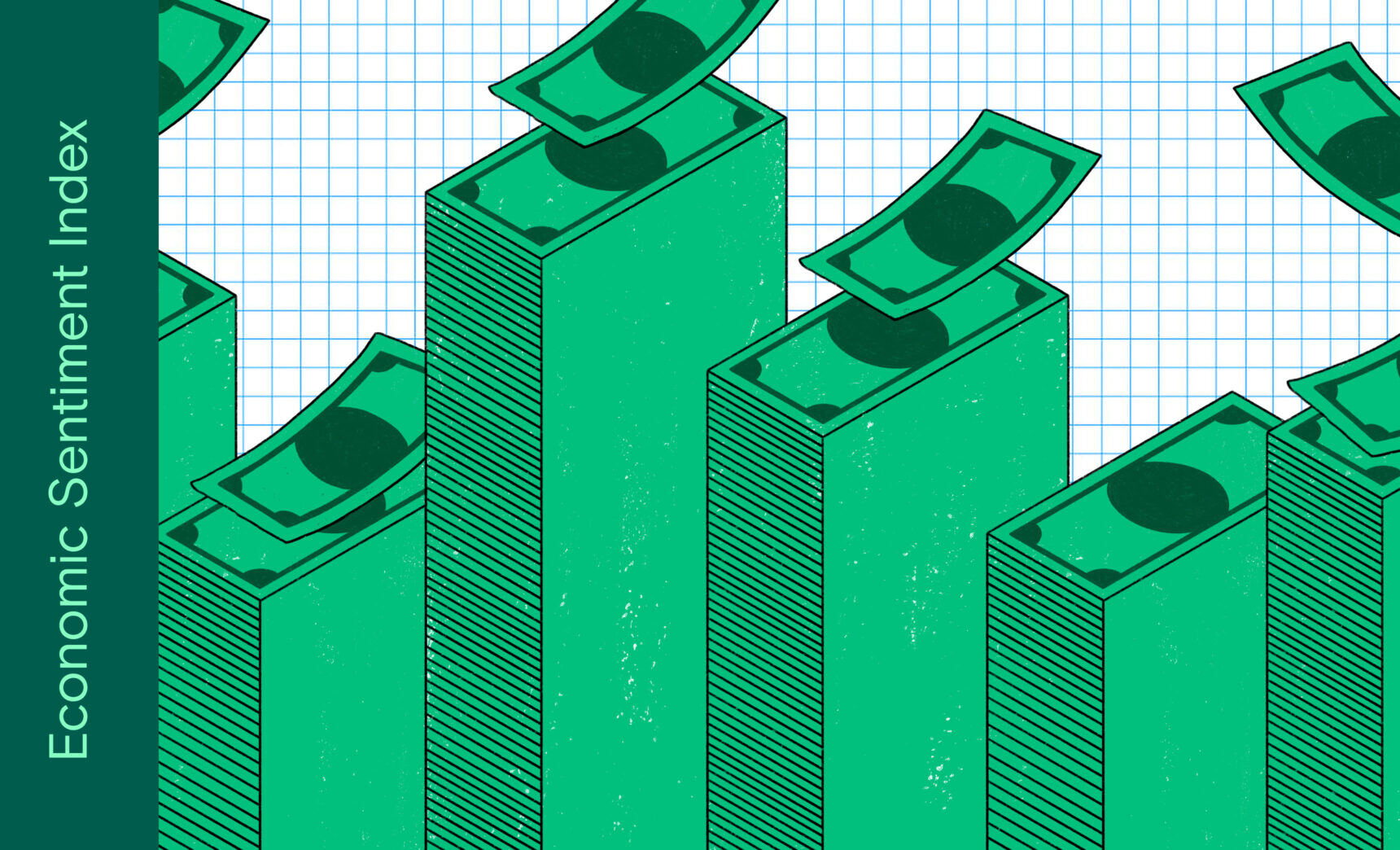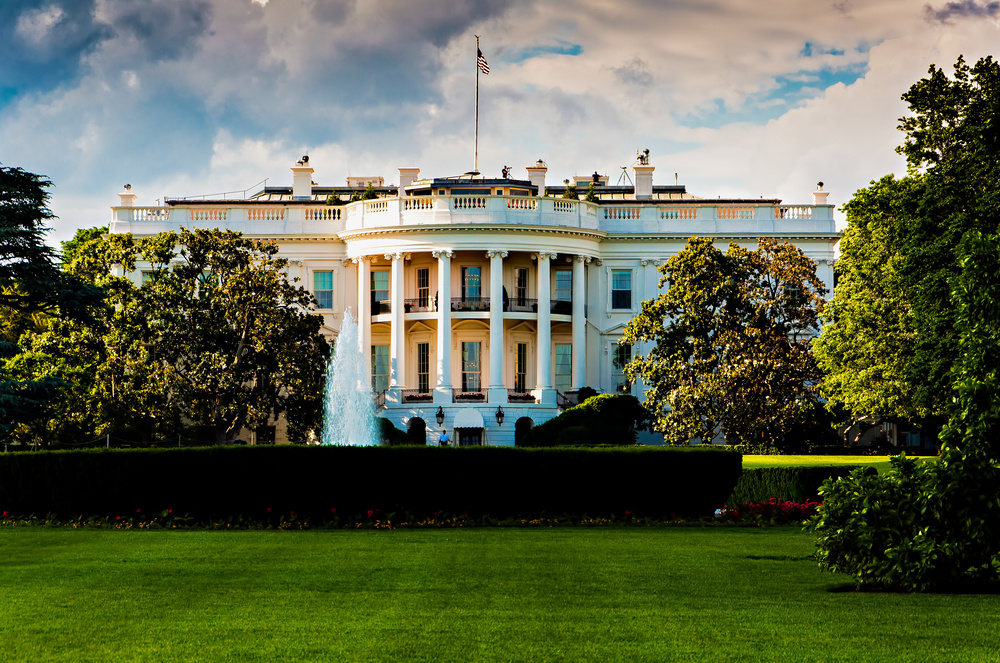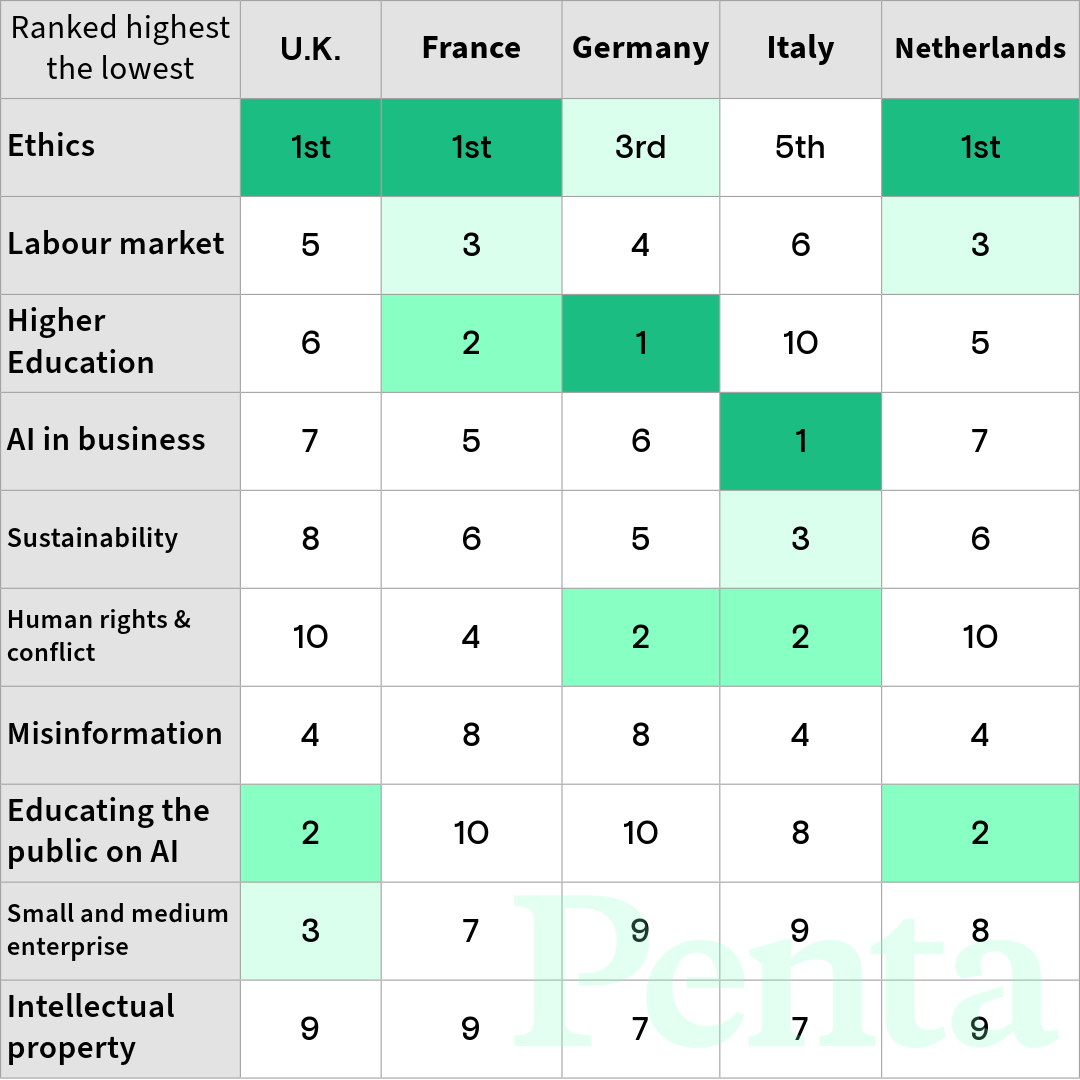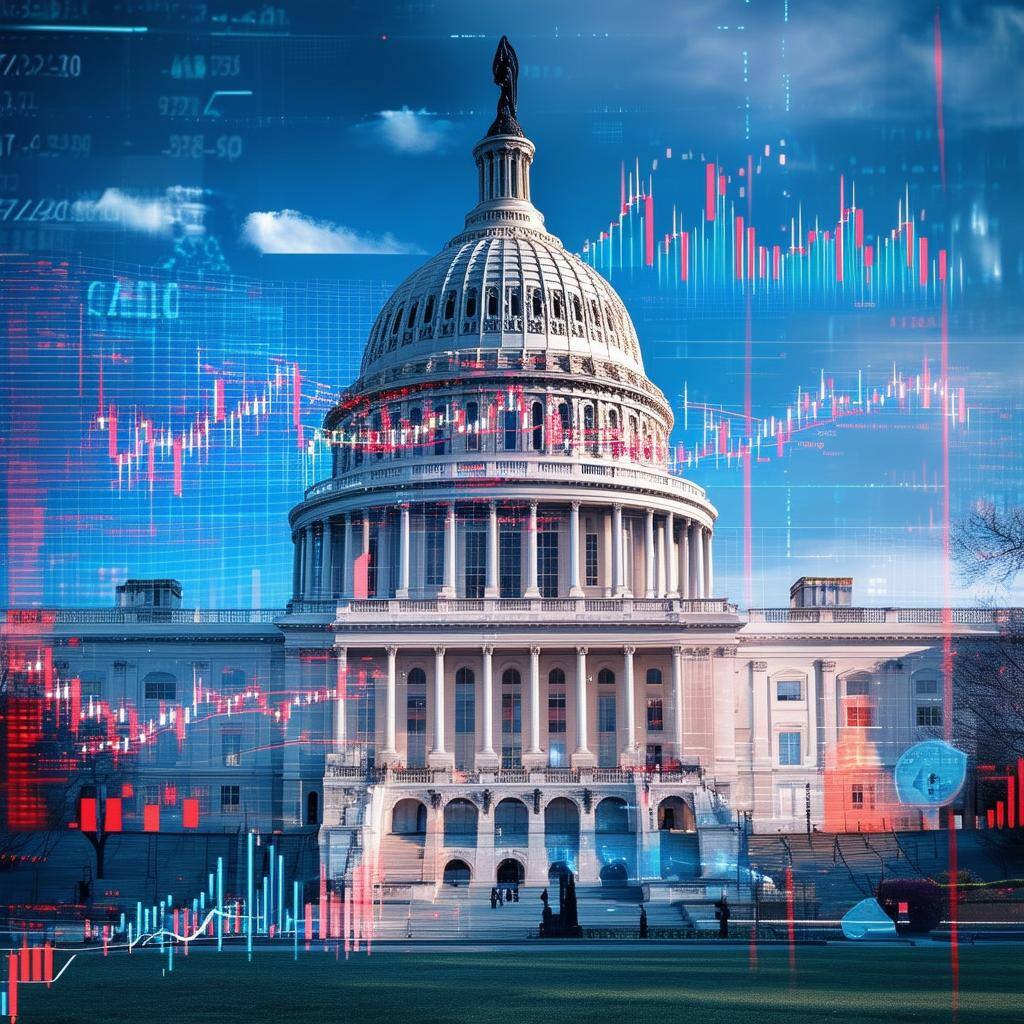Your indispensable guide to an uncertain world
The world's first comprehensive stakeholder solutions firm
What we do
At Penta, we have reimagined communications, reputation management, and brand-building for times of turbulence.
Learn more about how our work uses data and insights in a way
our competitors can only talk about.
our competitors can only talk about.
50%
Of our professional fees derive from information services: clients purchasing data, analytics, and insights on their stakeholders.
12
Our matrixed teams span North America, Europe, and Asia with offices in capitals across the globe.
8→1
In 2023, we combined eight companies into one, global Penta. Clients tell us it’s as if our team has worked together forever.
Your indispensable guide to an uncertain world
Our work begins and ends with data
A distinctive approach
Strategy
- Corporate Strategy
- Public Affairs
- Issue Management
- Reputation & Brand
- Product Strategy & Innovation
- Customer Segmentation
- Executive Engagement & Positioning
- Messaging & Comms / Go-To-Market
- Media Relations & Crisis Management
- Advertising & Digital Strategy
Intelligence
- Momentum Measurement
- Reputational Analysis
- Policymaker Research
- Trend Forecasting: What’s Next?
- Media Monitoring & Analysis
- Risk Assessment
- ESG & DEI Analysis
- Customized Research & Predictive Analysis
- Public Opinion Polling
- Stakeholder Mapping & Research


















